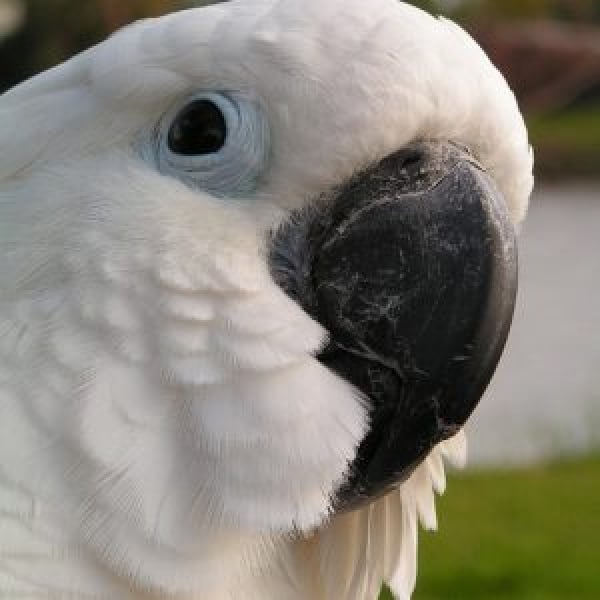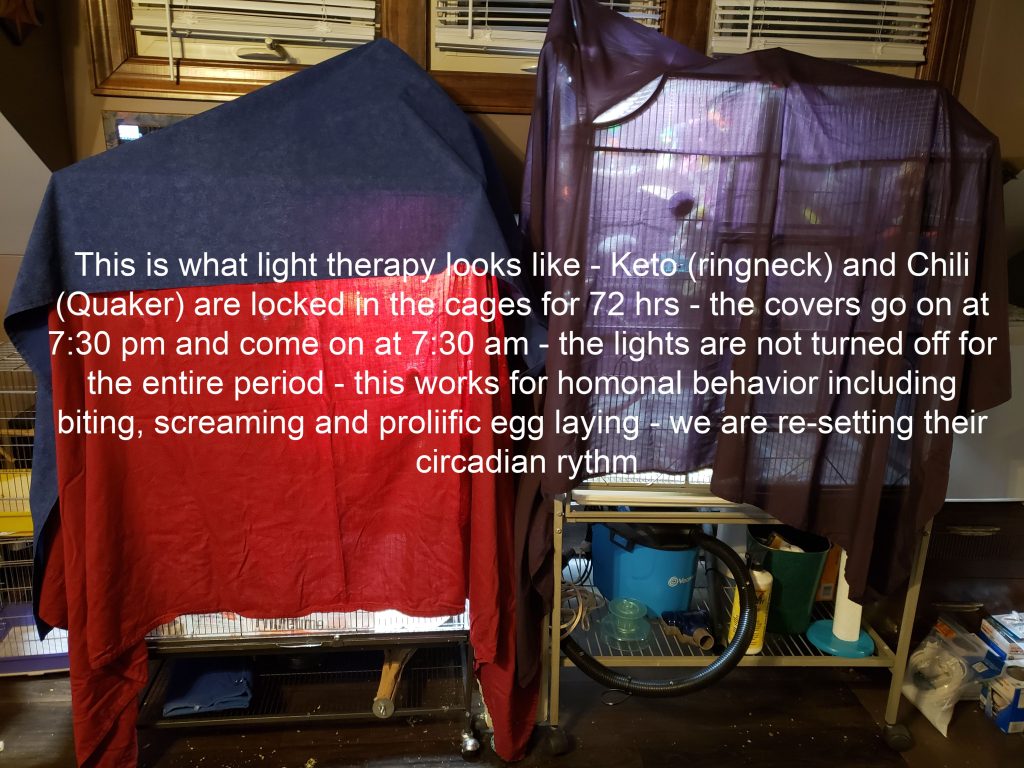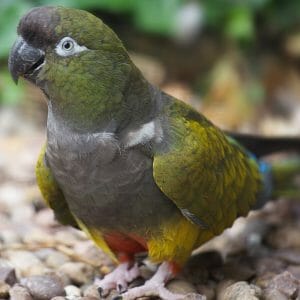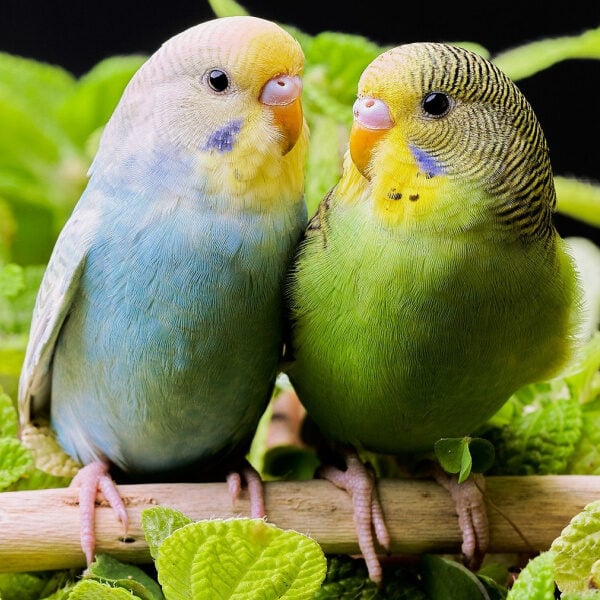Last Updated on by Mitch Rezman
Yvonne B writes,
My male Umbrella cockatoo 17 yrs has cloacal prolapse for many years. He eats a variety of fruits, vegetables, pasta, oatmeal, egg whites besides a variety of pellets.
We make sure food is room temp and not warm.
He gets petted on his head and neck.
Very active and is very used to us cleaning around that area.
We have tried hormone shots, drops, and many times stitching a smaller opening to prevent the stretching.
Different Vets suggest more invasive surgery repairing internally.
We do not want this for fear he will tear and bleed out.
Do you often suggest light treatment will this help his issue?
Open to suggestions.
I know you are not a veterinarian but thought you might have had past experience with your birds.
Thank you
Yvonne
I’m sorry for the problems you are having Yvonne
At this point, avian light therapy certainly can’t hurt but does have a possibility of helping.
I would advocate 168 hours under constant light.
Here’s the hack
How Pet Bird Keepers Get the Lighting Thing Wrong
The bird does not leave the cage for the entire 168 hours but the cage should be covered 12 hours per night.
Plenty of water but minimal food.
In the Australian Outback polyamory reigns for certain bird species.
A male bird looking for a “good time” shows up on the edge of a hollow tree entrance trying to entice the lady of the house with his best regurgitation.
He doesn’t care if it’s another cockatoo or an Eclectus.
Regurgitated food requires real food.
Thus indicating that food isn’t all that abundant by being stingy, the male’s confidence is reduced and less likely to think about “hooking up.”
That’s how we help make the bird’s metabolism and circadian rhythms work for the bird rather than against it.
After the 168 hours of therapy ends, a timer should be introduced to the lighting set to 12/12 hours on off – disrespecting/ignoring daylight savings time.
This will maintain the circadian rhythms you have reset.
If you don’t see a reduction with the Cloacal prolapse 2 weeks after ending constant light therapy, try for one more 168-hour run.
Author Profile
Latest entries
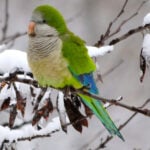 The Traveling BirdJune 26, 2025Can You Name 5 Parrot Species That Are Living Wild in the USA?
The Traveling BirdJune 26, 2025Can You Name 5 Parrot Species That Are Living Wild in the USA?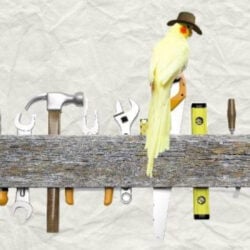 Bird BehaviorJune 26, 2025How is it Parrots Are Problem Solvers Social Animals and Even Use Tools?
Bird BehaviorJune 26, 2025How is it Parrots Are Problem Solvers Social Animals and Even Use Tools?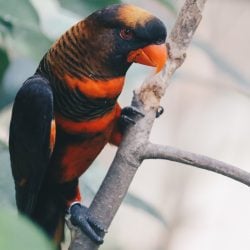 Bird & Parrot AnatomyJune 25, 2025How a Tiny Chemical Modification Makes Parrots Nature’s Living Paintings
Bird & Parrot AnatomyJune 25, 2025How a Tiny Chemical Modification Makes Parrots Nature’s Living Paintings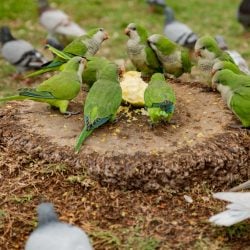 PigeonsJune 20, 2025How Do Parrots Thrive in Cities Outside Their Native Habitats?
PigeonsJune 20, 2025How Do Parrots Thrive in Cities Outside Their Native Habitats?
